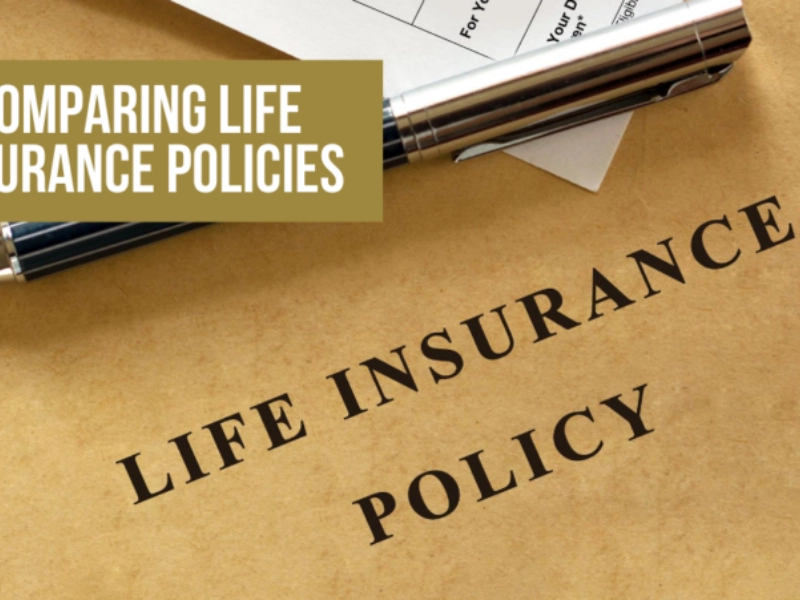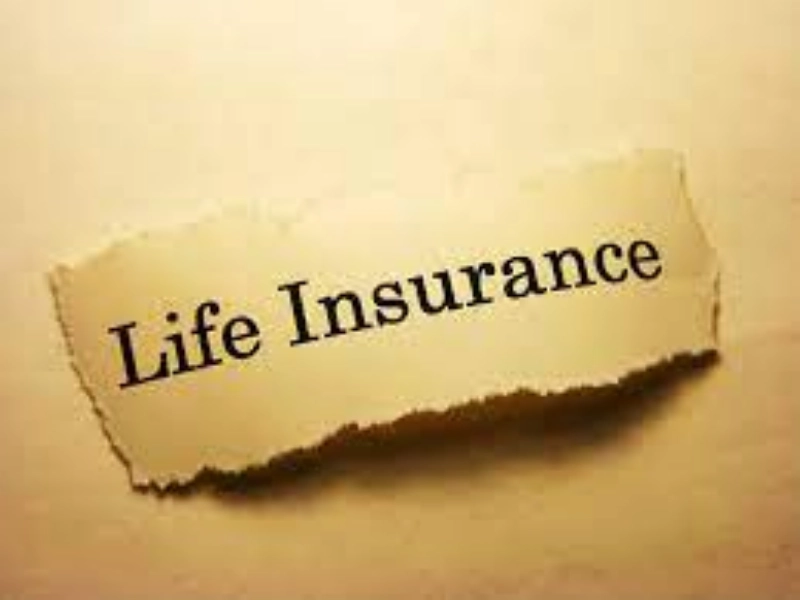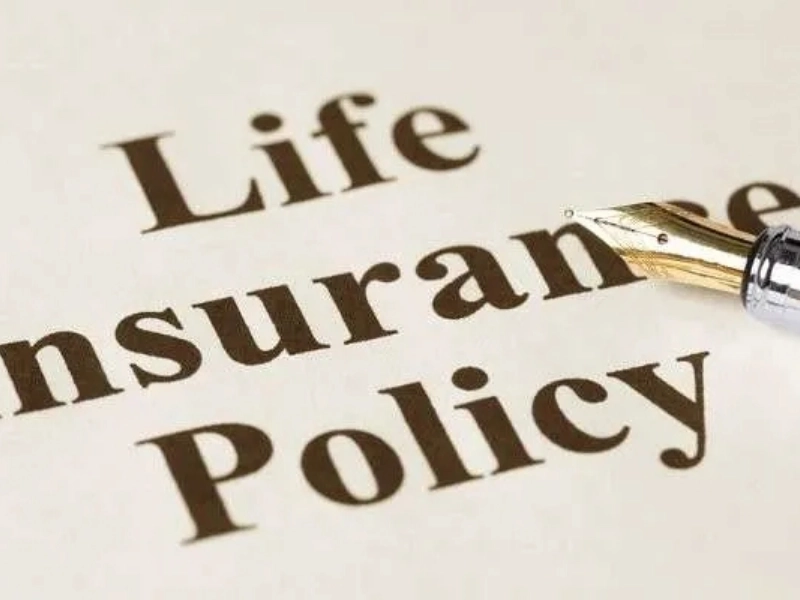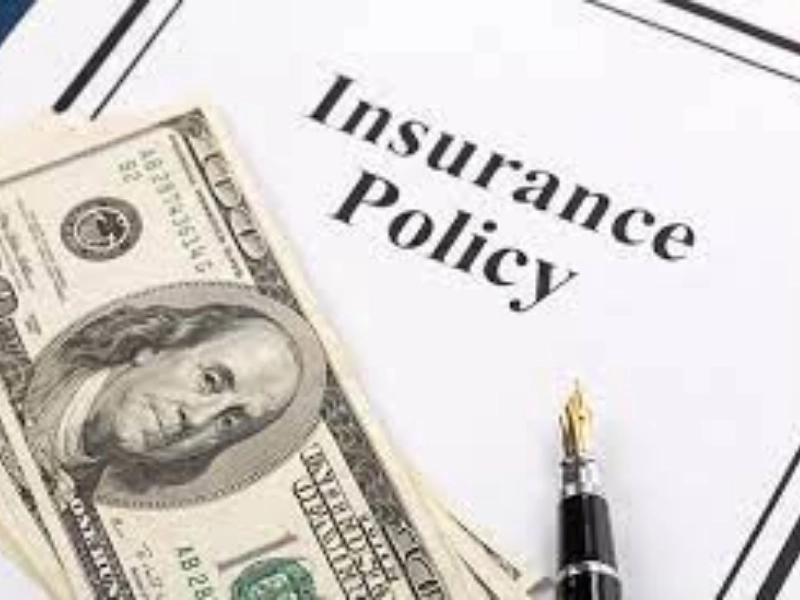A residence may experience a variety of events. Accidents and natural disasters can both be prevented, and there are strategies to safeguard your home against them. These precautions include, among others, reviewing flood maps, preparing for wildfires, and moving valuables to higher ground. Purchasing homeowners insurance with coverage for natural catastrophes is also a smart move.

 House fires have the potential to be quite dangerous and to cause significant property damage. If individuals are unaware of fire safety rules, they may potentially result in fatalities. These include developing a family escape plan that is practiced twice a year, routinely checking and cleaning smoke detectors, and storing combustible goods like shaving cream and household cleansers away from heaters.
You may even receive a discount on your homeowner's insurance if you take precautions to prevent fires from damaging your house. Among these measures is keeping a defensible zone around your house to lessen the quantity of "fuel" your property gives wildfires. This entails routinely clearing low-lying branches, weeds, leaves, and garbage. In addition, watering your landscape is essential.
House fires have the potential to be quite dangerous and to cause significant property damage. If individuals are unaware of fire safety rules, they may potentially result in fatalities. These include developing a family escape plan that is practiced twice a year, routinely checking and cleaning smoke detectors, and storing combustible goods like shaving cream and household cleansers away from heaters.
You may even receive a discount on your homeowner's insurance if you take precautions to prevent fires from damaging your house. Among these measures is keeping a defensible zone around your house to lessen the quantity of "fuel" your property gives wildfires. This entails routinely clearing low-lying branches, weeds, leaves, and garbage. In addition, watering your landscape is essential.
 Homes can sustain severe damage from floods. Floodwaters can contain toxins that could be harmful to health in addition to the apparent harm that comes with water.
When there is flooding, the first thing you should do is make sure your family and pets are safe. Make sure you flee if the authorities give you the order to do so. Be sure to report any downed power lines that you see.
Learn about the types of floods you might anticipate as well as the risk of flooding in your area. It is advisable to purchase flood insurance, which is typically purchased independently of homeowner's insurance. To find out the overall flood danger in your area, visit the Flood Map Service Centre of the Federal Emergency Management Agency (FEMA). Determine the possible openings for water to enter your house, including vents, chimneys, windows, doors, and pipes.
Homes can sustain severe damage from floods. Floodwaters can contain toxins that could be harmful to health in addition to the apparent harm that comes with water.
When there is flooding, the first thing you should do is make sure your family and pets are safe. Make sure you flee if the authorities give you the order to do so. Be sure to report any downed power lines that you see.
Learn about the types of floods you might anticipate as well as the risk of flooding in your area. It is advisable to purchase flood insurance, which is typically purchased independently of homeowner's insurance. To find out the overall flood danger in your area, visit the Flood Map Service Centre of the Federal Emergency Management Agency (FEMA). Determine the possible openings for water to enter your house, including vents, chimneys, windows, doors, and pipes.
 The most damaging natural disaster, tornadoes, may uproot trees, rip off roofs, and completely destroy houses. Even though tornadoes frequently cause catastrophic damage, you may take precautions to keep your family and house safe.
When you hear a tornado warning, be ready to flee. Listen to and watch local TV and radio for updates. If you are driving, go to a strong, nearby building. Recall that flying debris is the primary cause of most injuries and fatalities.
A little inside room on the lowest floor, away from external walls and windows, is the safest location to be during a tornado (bathrooms and closets without windows are perfect). If you reside in a prefabricated or mobile home, you should locate a strong shelter in your neighbourhood before a tornado hits.
The most damaging natural disaster, tornadoes, may uproot trees, rip off roofs, and completely destroy houses. Even though tornadoes frequently cause catastrophic damage, you may take precautions to keep your family and house safe.
When you hear a tornado warning, be ready to flee. Listen to and watch local TV and radio for updates. If you are driving, go to a strong, nearby building. Recall that flying debris is the primary cause of most injuries and fatalities.
A little inside room on the lowest floor, away from external walls and windows, is the safest location to be during a tornado (bathrooms and closets without windows are perfect). If you reside in a prefabricated or mobile home, you should locate a strong shelter in your neighbourhood before a tornado hits.
 One of the most severe natural disasters are earthquakes, which can seriously harm houses. Additionally, they have the potential to start secondary risks like fires and dangerous chemical leaks.
The foundation of a house is frequently harmed by earthquakes. Fixing this issue might be quite expensive and challenging.
It's critical to get ready for an earthquake in advance by securing anything that might collapse, preparing a family disaster plan, and stockpiling disaster supplies. To guarantee that structures are constructed as robustly as possible, it is also crucial to engage architects and structural engineers. It is advisable to stay inside during an earthquake and take protection under a table or bed. Locate a space free of obstructions such as trees, buildings, and power lines if you're outside.
One of the most severe natural disasters are earthquakes, which can seriously harm houses. Additionally, they have the potential to start secondary risks like fires and dangerous chemical leaks.
The foundation of a house is frequently harmed by earthquakes. Fixing this issue might be quite expensive and challenging.
It's critical to get ready for an earthquake in advance by securing anything that might collapse, preparing a family disaster plan, and stockpiling disaster supplies. To guarantee that structures are constructed as robustly as possible, it is also crucial to engage architects and structural engineers. It is advisable to stay inside during an earthquake and take protection under a table or bed. Locate a space free of obstructions such as trees, buildings, and power lines if you're outside.